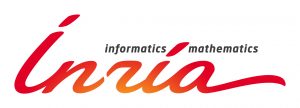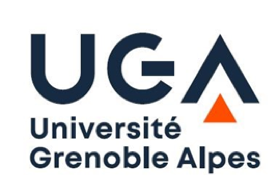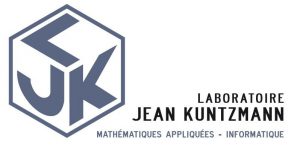The TRIPOP team (2018- ) is a joint research team of Inria Grenoble Rhone-Alpes and of the Laboratoire Jean Kuntzmann (LJK). It is a continuation of the BIPOP team (2003–2017). The team focusses on modeling, the mathematical analysis, the simulation and the control of nonsmooth dynamical systems, with a particular focus on modelling natural environmental risks in mountainous regions.
Research directions
For the period 2022–2025, the team is organised around two research themes: 1) Nonsmooth simulation and numerical modelling of natural gravitational risks in mountainous regions, and 2) Modelling, simulation and control of nonsmooth dynamical systems. This restructuring aims to promote a strong application axis, for which there is a significant academic research presence in the Grenoble region, as well as a network of socio-economic actors who are highly interested in the industrial transfer of digital science methods in this field. The second axis builds on the key themes of the previous TRIPOP project axes, updating them after the first four years.
- Axis 1: Nonsmooth simulation and numerical modeling for natural gravitational risk in mountains.
- Rockfall trajectory modeling
- Modeling and simulation of gravity hazards (debris flows, avalanches and large-scale rock flows)
- Data-driven modelling for prediction and mitigation of gravity hazards
- Axis 2: Modeling, simulation and control of non-smooth dynamical systems
- Modeling, analysis and numerical method.
- Multibody vibro-impact systems
- Systemic risk
- Cyber-physical systems (hybrid systems)
- Numerical optimization for discrete nonsmooth problems
- Automatic Control
- Discrete-time Sliding-Mode Control (SMC) and State Observers (SMSO)
- Control of nonsmooth discrete Lagrangian systems
- Switching LCS and DAEs
- Modeling, analysis and numerical method.







